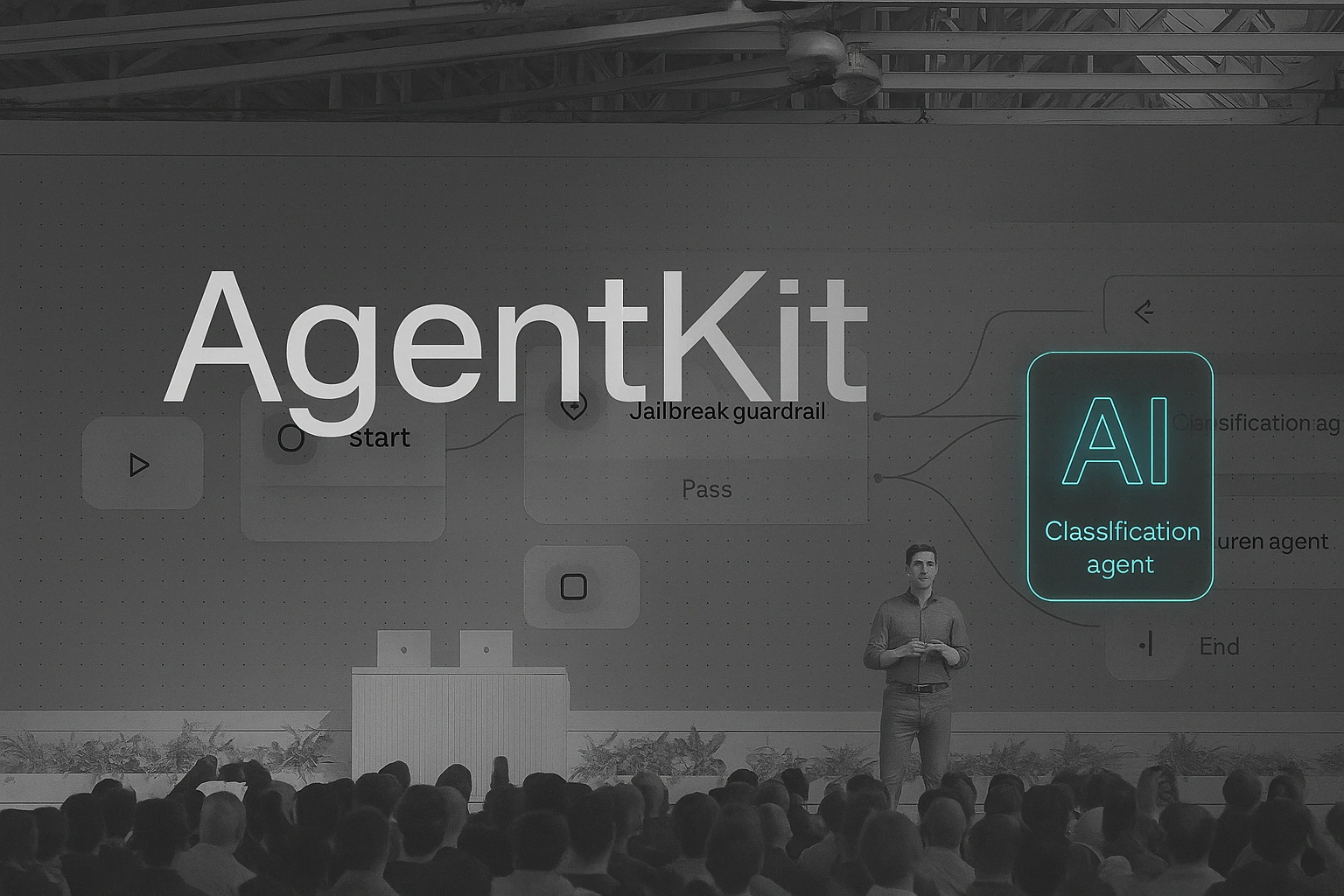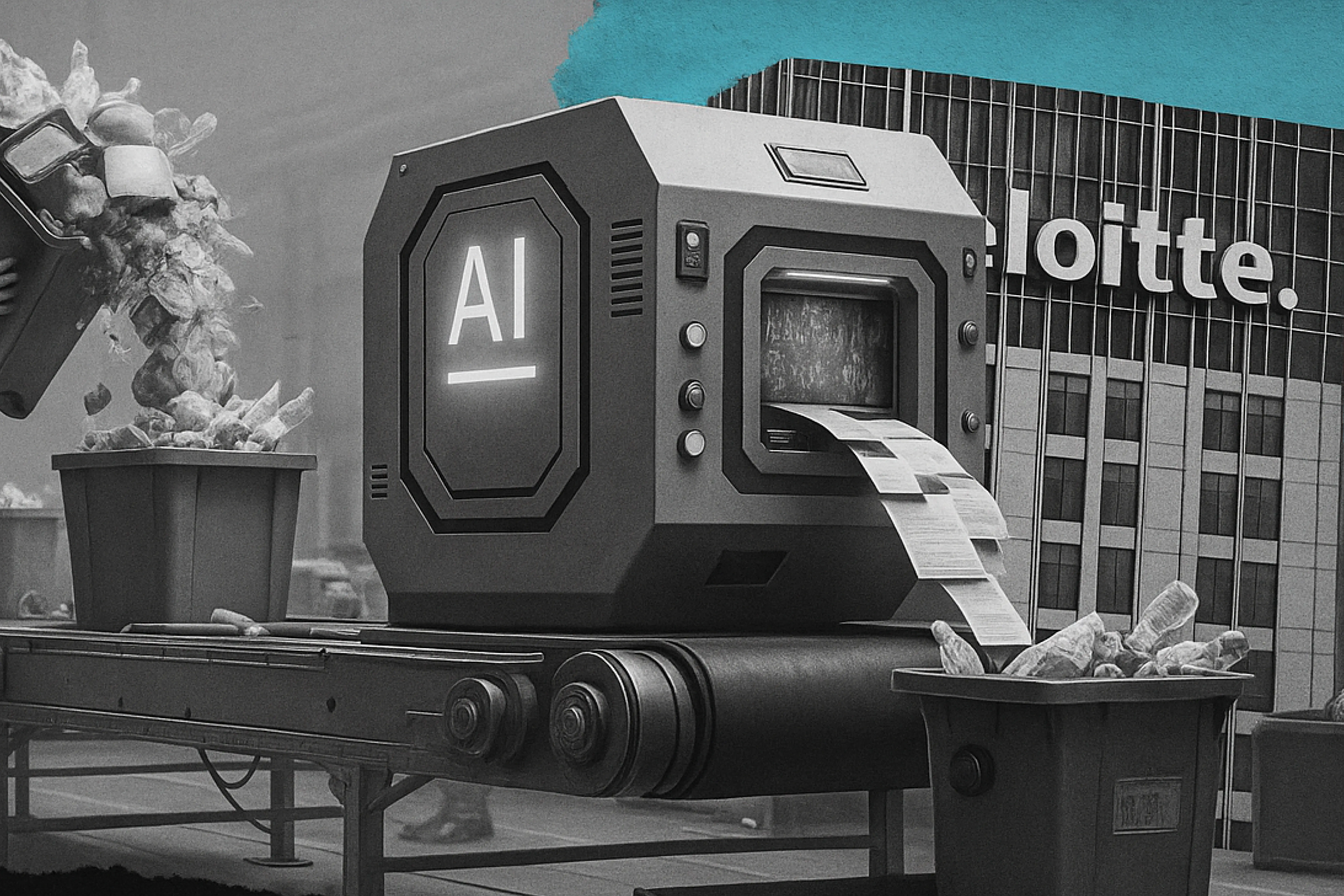.png)
at
Key Takeaways
Cătălin Briciu, Co-CEO of Linnify: In the life of a startup, 2-3 months can make a difference, and focus should be on creating added value, not on administrative survival
Original press interview in Romanian here.
An increase in investments in research and innovation is crucial for the development of Romanian society, and simplifying the procedures for accessing and managing public funds through extensive digitalization would allow for faster and more efficient implementation of innovative projects, believes Cătălin Briciu, Co-CEO of Linnify, an IT startup from Cluj that recently expanded into the USA.
He said in an interview for Economica.net that in the journey of a startup, even a relatively short period of 2-3 months can have a significant impact. Therefore, it is essential to concentrate efforts on generating value through product or service innovation, instead of being consumed by administrative tasks to ensure the company's survival.
Linnify is a Romanian company founded in 2016 by three friends, Alexandru Bogdan, Răzvan Bretoiu, and Cătălin Briciu. The company is headquartered in Cluj-Napoca and specializes in IT solutions, with expertise in developing digital products and validating ideas. In December 2023, Linnify expanded to the US market, with an office in Austin, Texas, one of the rapidly developing technology hubs in recent years.
Linnify has provided services and expertise in countries such as the United States, Germany, Austria, the United Kingdom, the United Arab Emirates, Italy, Luxembourg, the Netherlands, and Romania. The company's business exceeded 10 million lei in 2022, a growth of 12%, according to the most recent data available on the Termene platform.
'Investing more in research and innovation is essential for the development of Romanian society. This effort not only improves living standards but also positions Romania as a valuable player on the global stage, capable of offering innovative solutions. A good example in this regard is the United States, which historically has attracted the best talents from around the world to develop its capacity for continuous innovation, thus forming one of the most vibrant innovation ecosystems,' says Cătălin Briciu.
According to him, collaboration between the private sector, the public sector, and academic institutions is
'the foundation of sustainable innovation in Romania, similar to the Austin model, a city that has managed to grow from the 25th to the 10th most populated city in the USA in the last 30 years, with a rapidly growing economy and real estate market.'
'This collaboration can also transform education into a catalyst for innovation, offering students real opportunities to make significant contributions to society. Romania could become a globally recognized innovation hub if the collaboration between the academic and private sectors is close, transparent, and aligned with a common vision,' continues the Co-CEO of Linnify.
'It all starts with adopting the right mindset, and mindset is built through education, having the potential to prepare future generations to actively contribute to the innovation ecosystem.'
Innovation is approached differently by corporate companies and startups, and this is evident in the speed of experimentation and appetite for risk. The former have the stability and industry experience that theoretically provide them with the necessary resources to constantly develop their competitive advantage.
'However, with stability may come comfort zones or stagnation, a real threat to the future of these companies. There are many examples in history of industry-leading companies that became irrelevant because they did not experiment enough with what the future could bring (e.g., Blockbuster, Nokia).'
On the other hand, startups enjoy significantly more agility, but this also comes with less experience, which often translates into developing a solution that the market does not need. Nevertheless, the pace at which they manage to experiment to validate market needs is what makes the difference between success stories and failures.
The level of innovation among companies in Romania has increased in recent years, according to the National Institute of Statistics. However, Romania ranked 49th in the global innovation ranking by the World Intellectual Property Organisation (WIPO), a United Nations agency, and is one of only four EU states, along with Lithuania, Greece, and Slovakia, whose performance was below expectations.
'Although Romania's position in the WIPO ranking is not favorable, we should not rely exclusively on this criterion to assess our country's potential in attracting investments. The UiPath example demonstrates that global success is possible, and with the emergence of other success stories and similar examples, the prospects for development and attracting investments will significantly improve,' explains the Linnify representative.
To encourage innovation in Romanian companies, it is essential to strengthen collaboration between the academic environment and the current innovation ecosystem. This allows for the transformation of theoretical knowledge into practical market solutions and the discovery of new innovation opportunities in various fields.
'Moreover, adopting an open mindset towards experimentation is essential in a dynamically changing technological era. Each organization must clearly define its unique value proposition and align its innovation strategy with it, taking advantage of the agility and dynamism of the ecosystem,' adds Cătălin Briciu.
Furthermore, the state also has a role in stimulating innovation and supporting research by simplifying the procedures for accessing and managing public funds through extensive digitalization. This would allow for faster and more efficient implementation of innovative projects because entrepreneurs with technology startups at the beginning of their journey need to focus their efforts on generating value through product or service innovation brought to the market, instead of being absorbed by administrative tasks to ensure the company's survival.
'I believe that we have been moving in this direction for several years now, with increasingly positive results. However, to support research and innovation as efficiently as possible, the government and relevant entities should embrace technology as a solution for optimizing administrative processes.'
'Simplifying the procedures for accessing and managing public funds through extensive digitalization would allow for faster and more efficient implementation of innovative projects. Additionally, it is crucial to allocate more human resources dedicated to verifying and monitoring projects to accelerate the pace of innovation.'
'In the life of a startup, 2-3 months can make a difference, and attention should be focused on creating added value through the innovation brought by the new product or service, not towards administrative survival,' concludes Cătălin Briciu.
Contributors
Speakers
Guest
Host
Immerse yourself in a world of inspiration and innovation – be part of the action at our upcoming event

Download
the full guide
Let’s build
your next digital product.
Subscribe to our newsletter
YOU MIGHT ALSO BE INTERESTED IN
YOU MIGHT ALSO BE INTERESTED IN



















